

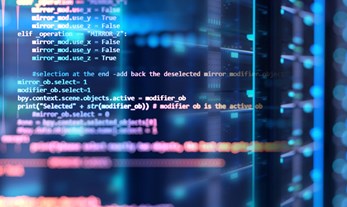
Surveillance During a Pandemic - International Comparison
Written By: Dr. Tehilla Shwartz Altshuler, Dr. Rachel Aridor-Hershkovitz
Israel has authorized its secret services to carry out extensive surveillance of civilians in the battle against the Coronavirus. In most other democracies there is dedicated legislation to deal with information gathering during the epidemic. IDI's experts complied a comparative review.
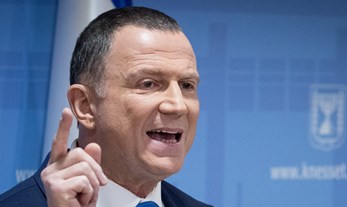
Speaker of the Knesset's Resignation - Statement
Yohanan Plesner, President of the Israel Democracy Institute, reacted to the Speaker of the Knesset Yuli Edelstein's resignation
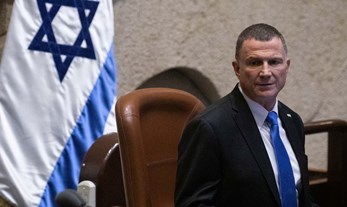
Speaker of the Knesset's Resignation – What Happens Next?
Written By: Dr. Amir Fuchs
Speaker of the Knesset Yuli Edelstein has resigned so as not to comply with the Supreme Court ruling to hold elections for a new speaker - what happens next? IDI’s Dr. Amir Fuchs explains
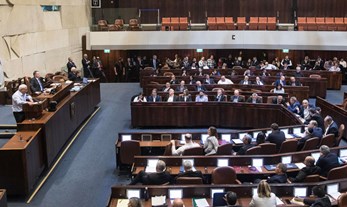
Parliaments Around the World
Written By: Dr. Chen Friedberg, Avital Friedman, Dr. Assaf Shapira, Dr. Shany Mor
As the Knesset struggles to resume its work, IDI took a look at how parliaments around the world are putting into place processes and mechanisms that enable them to operate during the coronavirus pandemic so they can fulfill the vital role they play in democracies.
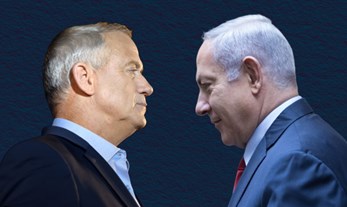
A Unity Government to Deal with the Emergency?
Written By: Dr. Dana Blander, Prof. Ofer Kenig
Will the coronavirus crisis result in an unity government, which can, at least temporarily, resolve Israel's political deadlock? IDI experts explain.
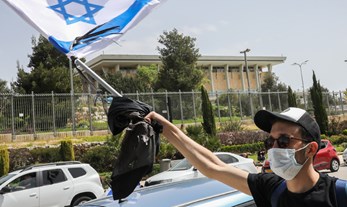
Politics in a Time of Corona
Written By: Yair Sheleg
Israel finds itself in an unprecedented political situation at a time it must face a worldwide pandemic.

Surveillance While the Coronavirus Pandemic is Raging
Written By: Dr. Tehilla Shwartz Altshuler
How is the coronavirus pandemic changing the way governments track their citizens? IDI expert takes a look around the world to see what policies countries are implementing.
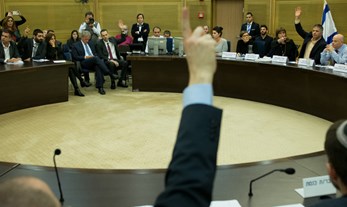
Don’t Manage a Crisis under Threat of Investigation
Written By: Dr. Shuki Friedman
Calls for the establishment of a state commission of inquiry the day after the corona, in the midst of the crisis, can lead decision-makers to make decisions based on wrong considerations
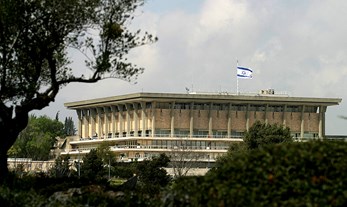
The Functioning of the Knesset during the Coronavirus Emergency
Written By: Dr. Chen Friedberg, Avital Friedman, Dr. Assaf Shapira, Dr. Shany Mor
In this paper, we argue that in a public health emergency, such as the one we are experiencing now, when unprecedented means are being employed in the fight against COVID-19, the Knesset’s smooth functioning is even more essential, especially with regard to the need for strict and effective oversight of the government.

Surveillance of the Population: The Day after Corona
Written By: Dr. Tehilla Shwartz Altshuler
We must take advantage of the technological tools at our disposal to battle the coronavirus - without forfeiting our right to privacy
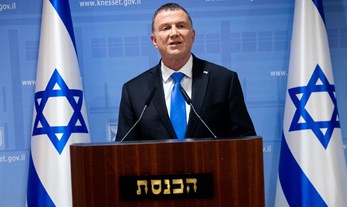
Convene the Knesset Plenum Without Delay - IDI Statement
IDI Statement to Knesset Speaker Yuli Edelstein: Convene the Knesset Plenum without delay; failure to do so blatantly exceeds the bounds of your office and constitutes an unacceptable disregard for basic rules of democracy

The COVID-19 Crisis - Economic Impact and Economic Policies
Written By: Prof. Karnit Flug
What will be the economic ramifications of the coronavirus outbreak on the Israeli economy? Prof. Karnit Flug explains.

The Knesset Must Resume its Work Immediately
Just as in parliaments around the world - the Israeli Knesset must resume its work.

Virus and Democracy
Written By: Prof. Yedidia Z. Stern
Even a life-saving measure must be weighed against the threat it poses to democracy -- we do it all the time
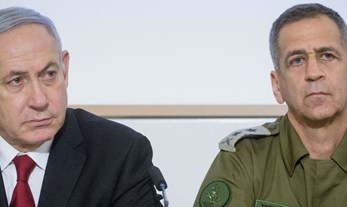
Coronavirus Crisis: Implications of ISA Tracking Citizens
Written By: Dr. Tehilla Shwartz Altshuler
The new regulations that allow the ISA to track citizens threatens our right to privacy, and set a dangerous precedent that could remain with us long after the COVID-19 crisis comes to an end
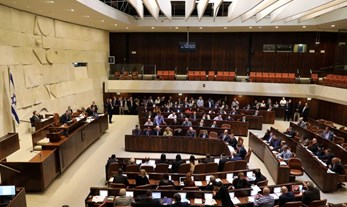
Private Member Bills: A Review and Recommendations
Written By: Dr. Chen Friedberg
Since the early 2000s, we have seen an unusual rise in the number of private member bills submitted to the Knesset
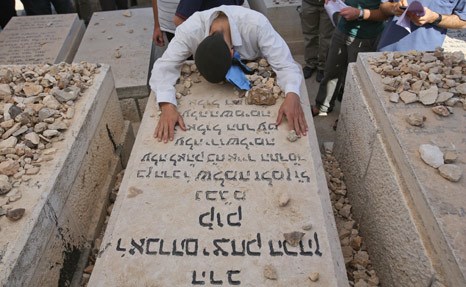
Israel's Third Elections Marks the Defeat of Rabbi Kook’s Dream
Written By: Prof. Yedidia Z. Stern
Let’s imagine a conversation between Rabbi Abraham Isaac Hacohen Kook, religious Zionism’s greatest thinker, and the four Yamina Party leaders.
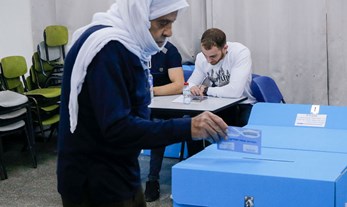
The Arab Israeli Vote in the 23rd Knesset Elections
Written By: Dr. Arik Rudnitzky
The people had their say in these elections. A majority of the Arab Israeli public (65%) turned out to proclaim a resounding vote of confidence in the Joint List

Governments of Experts: Desperate Measures for Desperate Times?
Written By: Prof. Ofer Kenig
The results of this third round of elections would seem to indicate that, once again, no decisive victory has been won, and that the Israeli political system is likely to remain stuck at the same dead end at which it has been stranded for the last year. Could a government of experts resolve the crisis?

Incumbent Minority Governments
Written By: Prof. Ofer Kenig
Although there is no precedent in Israel's history for forming a minority government immediately after an election, minority governments around the world are far from a rarity.
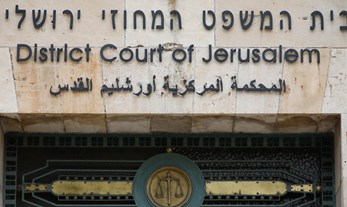
Prime Minister on Trial - Explainer
Written By: Dr. Amir Fuchs
Prime Minister Netanyahu’s trial in the Jerusalem District Court is to begin on March 17th. Dr. Amir Fuchs, a researcher at the Israel Democracy Institute provides responses to key questions as to what this process will look like.
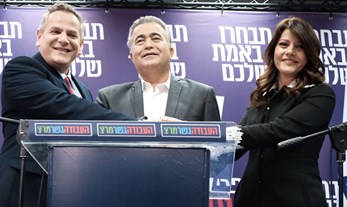
All About Splits
Written By: Dr. Assaf Shapira
How can MKs 'cross the floor' and what sanctions might they face? An explainer by Dr. Assaf Shapira
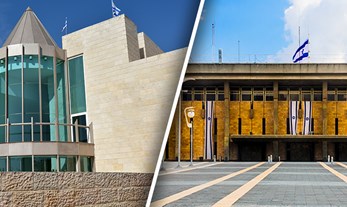
What’s at Stake in This Election?
Written By: Prof. Yedidia Z. Stern
A 3-pronged plan to change the balance of power in government threatens everyone who cares about human rights, regardless of politics

5 days to the Election: Jewish Israelis are Paying Less Attention
Written By: Prof. Tamar Hermann, Dr. Or Anabi
5 days to the Elections: Jewish Israelis are Paying Less Attention. A Majority of Arab Israelis are Following with the Same or Increased Interest. 30% of the Public Predicts a Fourth Election.
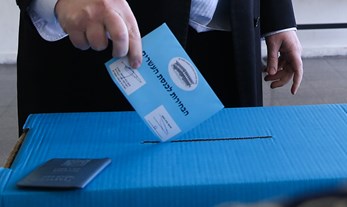
30% of the Public Predicts a Fourth Election
With only a few days to the Elections, the February Israeli Voice Index finds that Jewish Israelis are Paying Less Attention, while a Majority of Arab Israelis are Following with the Same or Increased Interest. 30% of the Public Predicts a Fourth Election.

A Blow to the IDF as the ‘People’s Army’
Written By: Prof. Yedidia Z. Stern
A proposal by the panel appointed to investigate ultra-Orthodox enlistment to lower the exemption age defies multiple High Court rulings
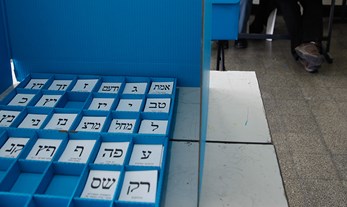
A New Political Card
Written By: Dr. Arik Rudnitzky
Has the "Deal of the Century" injected energy into Israel's third election and perhaps provided an incentive for Arab Israelis to turn out in higher numbers than September? Arik Rudnitzky uses the village of Bartaa as a possible case study.
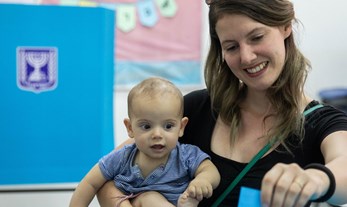
Getting Stay-at-Home Potential Voters to the Polls for Israeli Elections
Written By: Dr. Assaf Shapira, Dr. Ofer Bernstein
Rather than “packaging” voting as a political, civic and moral obligation, we should try instead to get these potential voters to think about the personal benefits to be gained by going to the polls.
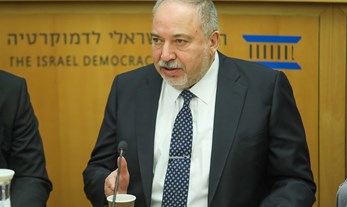
Towards a New Covenant on Religion and State in Israel: Conference
At IDI's conference Former Defense Minister MK Avigdor Liberman said he will not advance the recruitment plan he had drafted with the Ministry of Defense. "Every 18-year-old will be required to enlist."
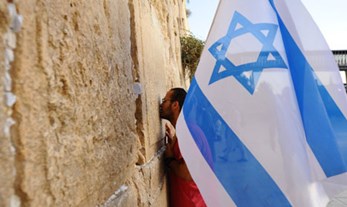
Towards a New Covenant on Religion and State in Israel
Written By: Dr. Shuki Friedman
After years of struggles over issues related to religion and state, we hereby agree to adopt a new approach, which will create a covenant to provide a new system of arrangements and agreements to strengthen the link between the Israeli public and the Jewish identity of the State of Israel.

